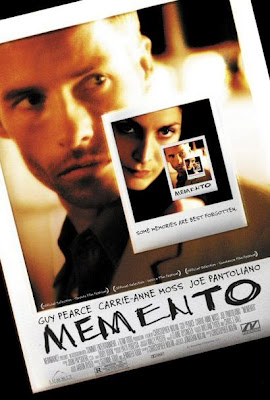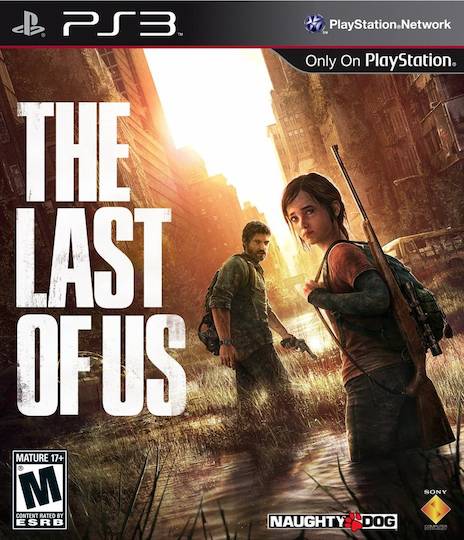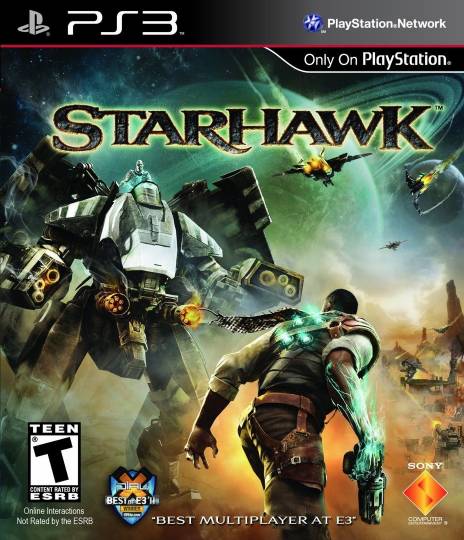 It had been in my movie backlog for ages, but I finally got around to seeing Memento this weekend (and absolutely loved it.) It’s nearly a decade old, but here’s a brief spoiler-free synopsis for the uninitiated: it’s a story told chronologically backwards about Leonard Shelby, a man with short-term memory loss trying to avenge his murdered wife. To remember who people are, where he lives and what he’s doing, he consults relevant notes and pictures in his pockets at all times, keeping the most vital information tattooed on his body.
It had been in my movie backlog for ages, but I finally got around to seeing Memento this weekend (and absolutely loved it.) It’s nearly a decade old, but here’s a brief spoiler-free synopsis for the uninitiated: it’s a story told chronologically backwards about Leonard Shelby, a man with short-term memory loss trying to avenge his murdered wife. To remember who people are, where he lives and what he’s doing, he consults relevant notes and pictures in his pockets at all times, keeping the most vital information tattooed on his body.
While the character’s handicap was extreme, I felt a strong empathy with his condition. I’m a forgetful person by nature and, like Leonard, am constantly relying on external memory to function. Text files, post-it notes, e-mails and address books have become my substitute for real memory. I hardly take the time to remember anything nowadays; birthdays, telephone numbers, assignment due dates and addresses are taking up less and less of my cerebral real estate.
It doesn’t stop there; I am now reliant on the internet for information. I’ve hit ten Google searches and half a dozen Wikipedia articles in my twenty minutes of writing so far. My daily hits on both sites likely number in the hundreds, and twice as many when I’m programming. Having a wealth of information at your fingertips is a major boon, but my work is now dependant on it (as referenced by a recent xkcd strip.) When the internet goes down, I cringe at the idea of stooping to consulting the phone book, a real map, or my 40 year old Encyclopedia set.
While it’s true that our grandparents’ generation could dial a friend, get directions and long divide using brain power alone, is the relegation of our long term information storage and computation power to machines necessarily a bad thing? NY Times columnist David Brooks argues “no” in a recent article entitled “The Outsourced Brain.”
Until that moment, I had thought that the magic of the information age was that it allowed us to know more, but then I realized the magic of the information age is that it allows us to know less. It provides us with external cognitive servants — silicon memory systems, collaborative online filters, consumer preference algorithms and networked knowledge. We can burden these servants and liberate ourselves.
What do you think? How do you use computers and the internet as a brain-extension in your daily lives? Is “outsourcing” our brain power helpful, harmful, or inevitable?




